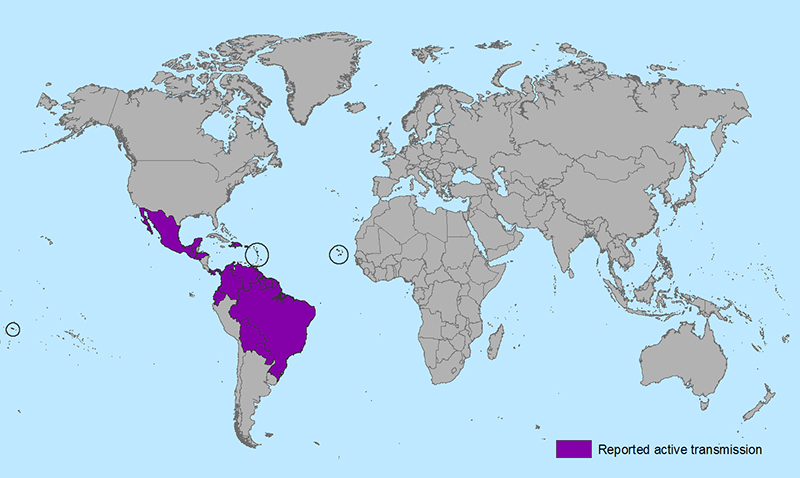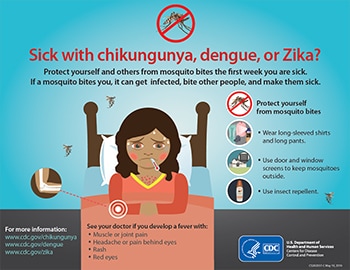Wearable biosensors analyse your sweat and send health reports to smartphone in real time
Wearable sensors is the new hot topics now. Earlier in this blog I shared how the smartphone and innovative wearable technology will change the future of healthcare industry. A recent publication in Nature magazine reveals the true existence of a wearable sensors, which can analyze body biochemistry from your sweat and send the report to your smartphone in real time. They call it as wearable sweat sensors. |
| Sweat Sensor in a flexible plastic wristband : photo credit Nature |
This is a flexible plastic patches, which can read the molecular composition of sweat and send the real time analysis report to a smartphone. It could provide an alarm that you need to take some medication or you are getting dehydrated and needs to drinks some water.
Perspiration on your phone
Putting together existing advances in wearables technology, Javey’s team made the sensors from a flexible electronics board joined to a flexible printed plastic sensor array, which can detect glucose, lactate, sodium, potassium and body temperature. When the sensors come into contact with sweat they generate electrical signals that are amplified and filtered, and then calibrated using skin temperature. The data are then wirelessly transmitted to a smartphone.
Challenges and Conclusion
There are still many challenges to overcome before you can expect to buy a sweat sensor incorporated into a wearable fitness band. For one thing, scientists aren’t used to working with such tiny quantities of fluid, and people aren’t always sweating.
Sweat sensors will never be as accurate as blood tests, which are the “gold standard”. Our bodies closely control the molecular composition of our blood, but the content of our sweat is more variable and is sometimes influenced by microbes on our skin — so the medical relevance of the information that sweat provides will need to be rigorously tested. However, sweat does have an advantage: taking blood samples with a needle is not a practical means of assessing health on a minute-by-minute basis.
Wearable Sweat Sensor A real time Analyzer of your body biochemistry
4:32 PM
biosensor, featured, Gadgets, helthcare, wearable gadgets








